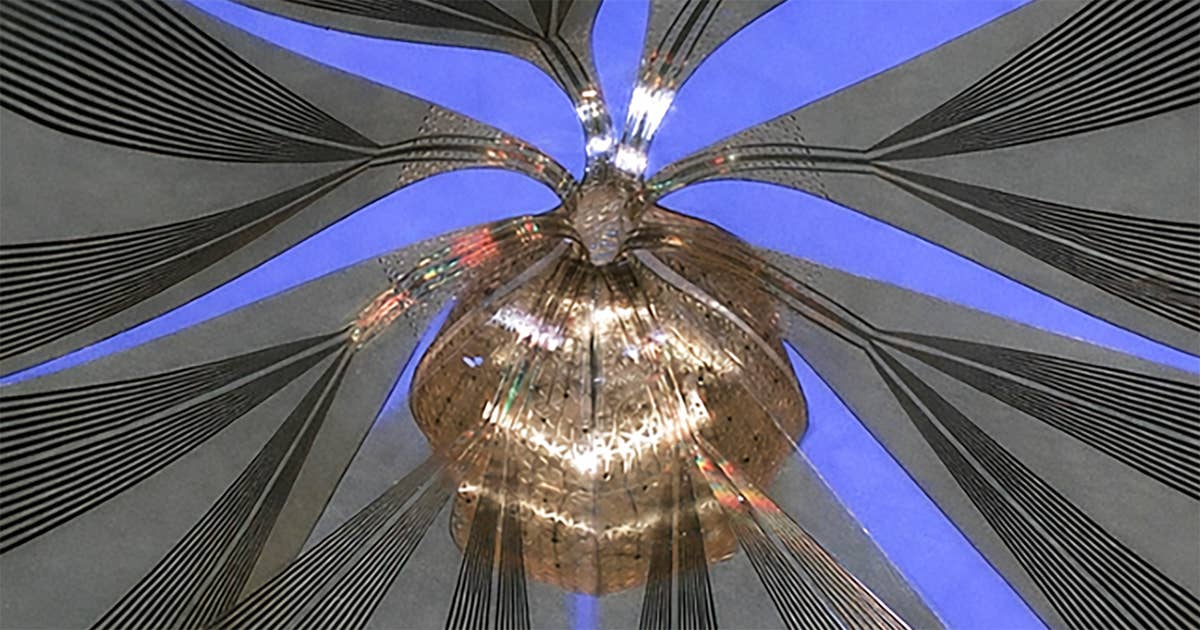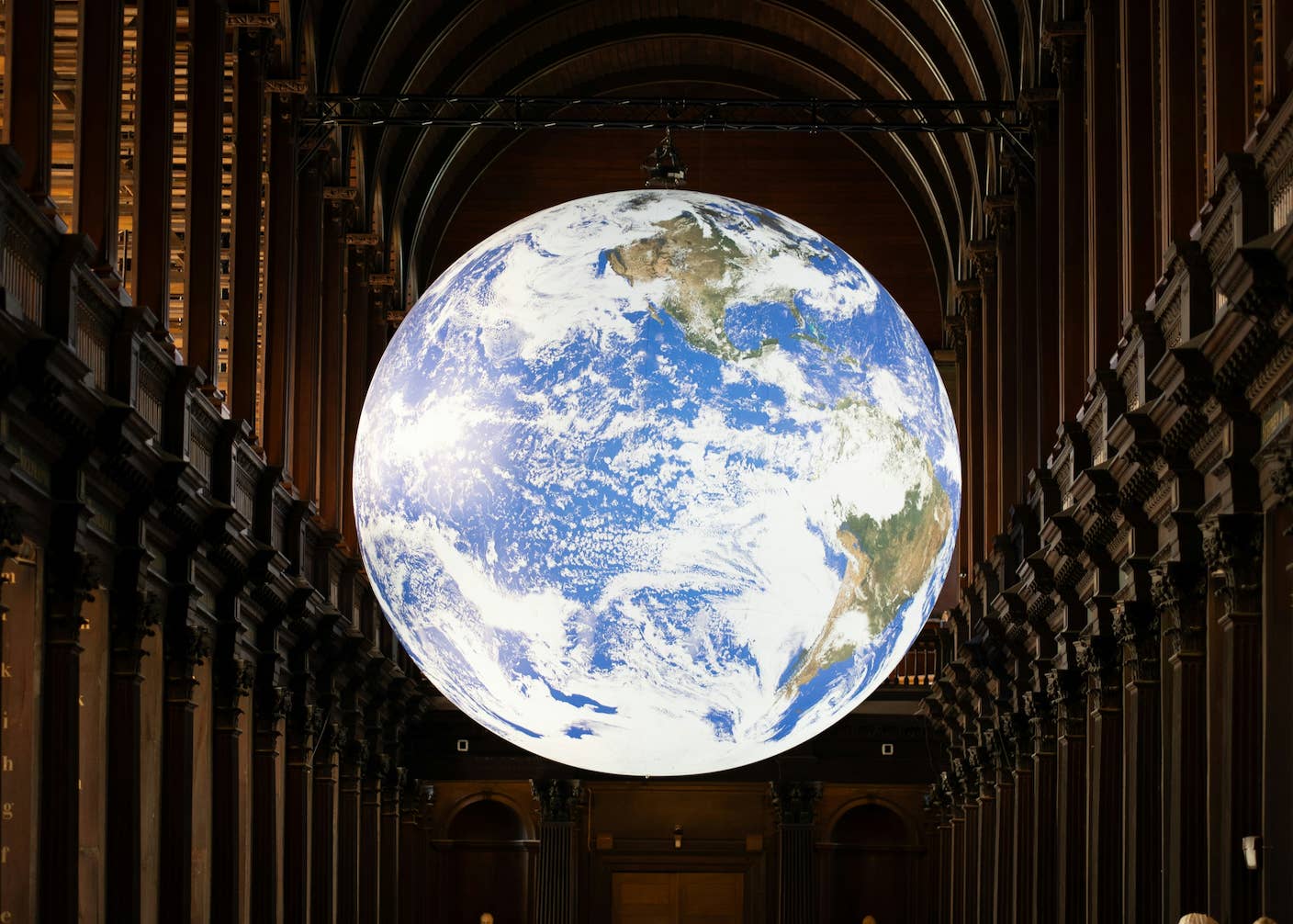This Week’s Awesome Stories From Around the Web (Through July 30th)

Share
ARTIFICIAL INTELLIGENCE: How to Fool AI Into Seeing Something That Isn't There
Cade Metz | WIRED
"Today, neural nets are quite good at recognizing faces and spoken words...but they do make mistakes...You can subtly alter an image so that a neural network will think it includes something it doesn’t...Imagine a face recognition system that uses a neural network to control access to a top-secret facility. You could fool it into thinking you’re someone who you’re not."
SINGULARITY: Endless Fun
Michael Graziano | Aeon
"It is tempting to ignore these ideas [about mind uploading] as just another science-fiction trope, a nerd fantasy. But something about it won’t leave me alone. I am a neuroscientist. I study the brain...I find myself asking, given what we know about the brain, whether we really could upload someone’s mind to a computer. And my best guess is: yes, almost certainly. That raises a host of further questions, not least: what will this technology do to us psychologically and culturally?"
VIRTUAL REALITY: Real Life Is Not Enough: On Choosing Virtual Reality Over the Physical World
Diana Tourjee | Broadly by Vice
"In 2014, VICE reported that there were more people playing the Riot Games battle arena MMO League of Legends than there were living in France...He [Patrick] believes VR could become the harder drugs to classic computer gaming's marijuana...'What is a real world?' Patrick asked me during our conversation. In his mind, there is no difference between virtual reality and the physical realm. They're 'both equally real.'"
TECHNOLOGY & SOCIETY: Instead of Asking, "Are Robots Becoming More Human?" We Need to Ask "Are Humans Becoming More Robotic?"
Olivia Goldhill | QUARTZ
"Brett Frischmann, professor at Cardozo law school, and Evan Selinger, philosophy professor at Rochester Institute of Technology, argue that we need an inverse Turing Test to determine to what extent humans are becoming indistinguishable from machines...In order to test whether humans are becoming more machine-like, it’s important to define what makes us distinctively human."
Be Part of the Future
Sign up to receive top stories about groundbreaking technologies and visionary thinkers from SingularityHub.


BIOLOGY: Evolution Is Happening Faster Than We Thought
Menno Schilthuizen | New York Times
"For a long time, biologists thought evolution was a very, very slow process, too tardy to be observed in a human lifetime. But recently, we have come to understand that evolution can happen very quickly, as long as natural selection—the relative benefit that a particular characteristic bestows on its bearer—is strong."
Image Credit: Shutterstock
Alison tells the stories of purpose-driven leaders and is fascinated by various intersections of technology and society. When not keeping a finger on the pulse of all things Singularity University, you'll likely find Alison in the woods sipping coffee and reading philosophy (new book recommendations are welcome).
Related Articles

New Device Detects Brain Waves in Mini Brains Mimicking Early Human Development

This Week’s Awesome Tech Stories From Around the Web (Through February 28)

Sparks of Genius to Flashes of Idiocy: How to Solve AI’s ‘Jagged Intelligence’ Problem
What we’re reading